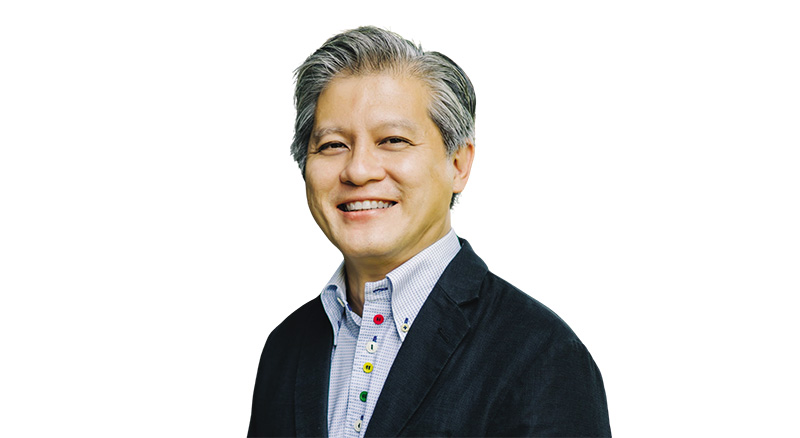 |
| Mr. Tan Quee Peng, Chairman of the Singapore Business Association in Vietnam (SingCham). |
How do you assess Vietnam's reforms over the past 50 years? What are the key factors that have driven Vietnam's impressive economic growth during this period?
The most notable reform was the Doi Moi policy introduced in 1986, which transformed Vietnam from a centrally planned economy to a socialist-oriented market economy. This change not only revived the economy, but also opened the country to international trade and investment.
Vietnam has weathered one economic storm after another since reunification. From the 1997 Asian financial crisis to the Covid-19 pandemic and global recession, Vietnam has become a Southeast Asian success story of resilience and development. Vietnam’s remarkable economic growth over the past five decades is a story of many factors contributing to the country’s success.
Key Doi Moi policies have unleashed market forces. This change has attracted significant foreign direct investment (FDI), thanks to a young and dynamic workforce and competitive labor costs. In addition, strategic integration into the global economy through trade agreements and membership in organizations such as ASEAN and the WTO has further promoted export-oriented manufacturing. These agreements have reduced tariffs and opened up new markets for Vietnamese goods, boosting economic growth.
Furthermore, the Government’s consistent efforts in infrastructure development have improved connectivity, facilitating economic activities. Significant investments in human and physical resources, particularly in education and infrastructure, have enhanced productivity and competitiveness. The Government’s focus on adopting and implementing more advanced regulations has helped improve the business environment. Political stability has also contributed to a relatively safe environment for investment.
Recently, Vietnam has carried out ambitious restructuring of the state apparatus to improve efficiency and reduce corruption.
That transformation positions Vietnam as a key player in regional and global supply chains, making it one of the fastest growing economies in the world , with a strong manufacturing sector and an emerging middle class.
Over the past time, the relationship between Singapore and Vietnam has been increasingly strengthened in many areas. Looking forward to the next journey, how can the two countries strengthen cooperation to promote mutual understanding, sir?
Singapore and Vietnam can enhance cultural exchanges to promote mutual understanding through a number of initiatives.
First, strengthen educational exchange programs by encouraging students and faculty to exchange between educational institutions in both countries. This can promote cross-cultural learning and cooperation. Joint cultural programs, such as art exhibitions, music festivals, etc., can showcase the rich cultural heritage of both countries and create opportunities for people from both countries to connect with each other.
In addition, promoting tourism through joint marketing campaigns and cultural tourism packages can enhance awareness and appreciation of each other’s cultures. Sports exchanges and youth programmes can also play an important role in building friendship and understanding between the younger generations. By leveraging these initiatives, Singapore and Vietnam can deepen cultural ties, enhance mutual respect and strengthen bilateral relations.
Furthermore, diplomatic efforts can play an important role in enhancing cultural exchanges. High-level visits and cultural diplomacy, such as exchanging traditional gifts and participating in cultural events, can enhance the strong relationship between two countries.
How do you evaluate Vietnam's role and position in the international arena in the next decade?
Over the next decade, Vietnam will play an increasingly important role in many aspects of the international arena. Vietnam’s sustained economic growth has the potential to enhance the country’s position as a key player in regional and global supply chains, particularly in manufacturing and emerging technology sectors. As an active member of ASEAN, Vietnam will continue to contribute to regional economic stability and integration, potentially taking on a more important role within the bloc.
Furthermore, Vietnam’s growing participation in international trade agreements and its strategic geopolitical position have the potential to help Vietnam play a more active role in regional and global dialogues on trade, security and climate change. Vietnam’s experience as a developing country with an economic track record can also position Vietnam as a valuable voice in South-South cooperation (cooperation among developing countries) and discussions on sustainable development.
Besides navigating complex geopolitical dynamics, Vietnam’s commitment to multilateralism and growing economic and political influence suggest the potential to play a more prominent and influential role in a changing global landscape.
Source: https://baodautu.vn/viet-nam-se-dong-vai-tro-ngay-cang-quan-trong-tren-truong-quoc-te-d275107.html


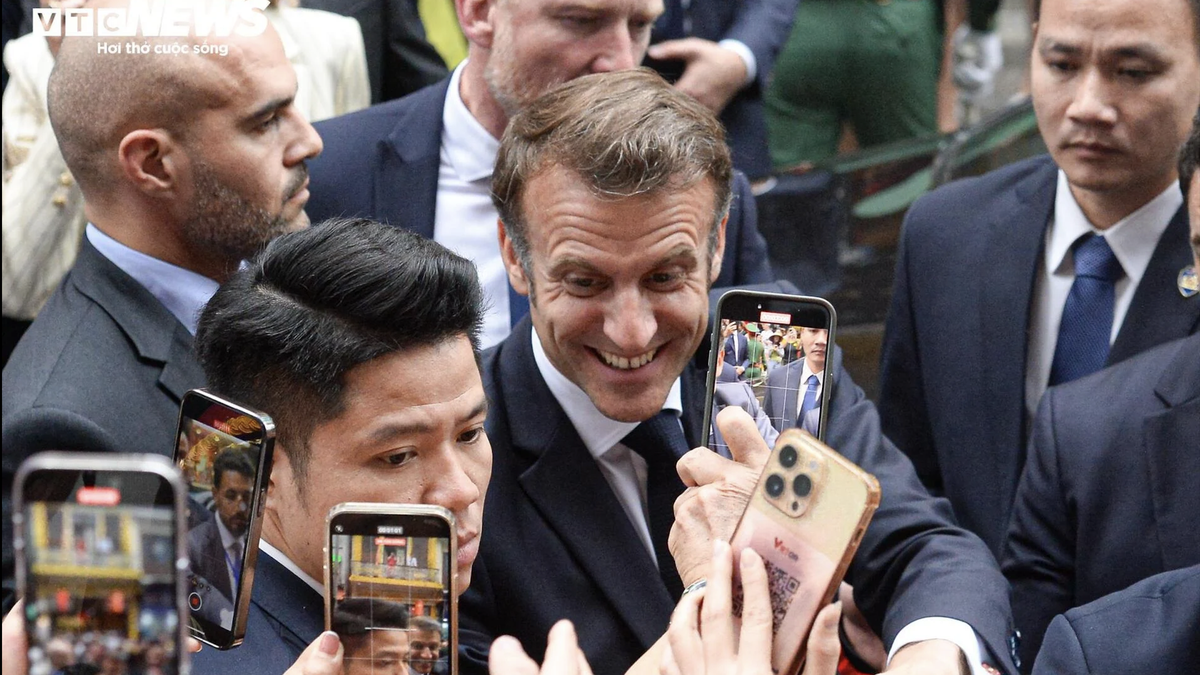
![[Photo] Prime Minister Pham Minh Chinh meets with Hungarian President Sulyok Tamas](https://vphoto.vietnam.vn/thumb/1200x675/vietnam/resource/IMAGE/2025/5/29/dbcaa73e92ea4448a03fe1d0de6d68e8)


![[Photo] Vietnamese and Hungarian leaders attend the opening of the exhibition by photographer Bozoky Dezso](https://vphoto.vietnam.vn/thumb/1200x675/vietnam/resource/IMAGE/2025/5/29/94d8ceca5db14af3bf31285551ae4bb3)
![[Photo] Prime Minister Pham Minh Chinh receives a bipartisan delegation of US House of Representatives](https://vphoto.vietnam.vn/thumb/1200x675/vietnam/resource/IMAGE/2025/5/28/468e61546b664d3f98dc75f6a3c2c880)
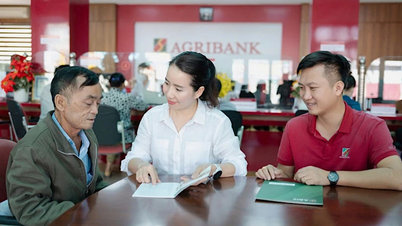






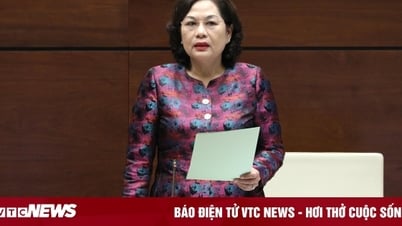






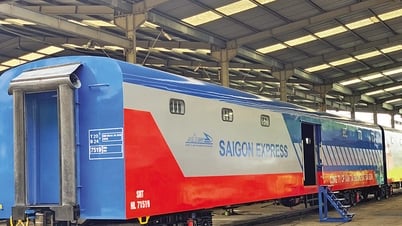

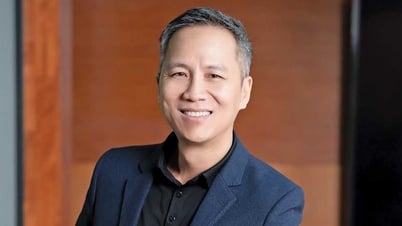
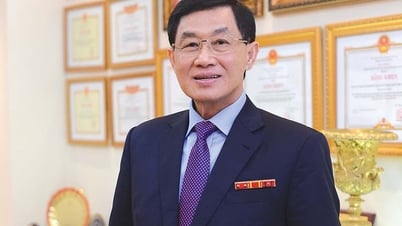
















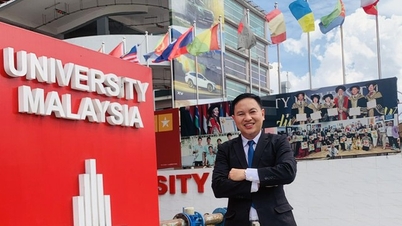







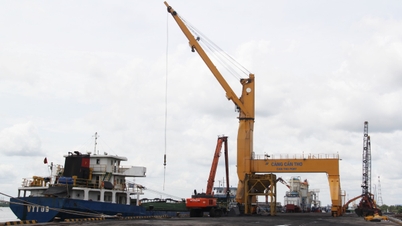

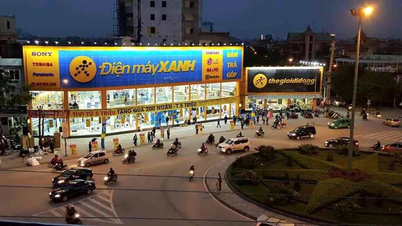
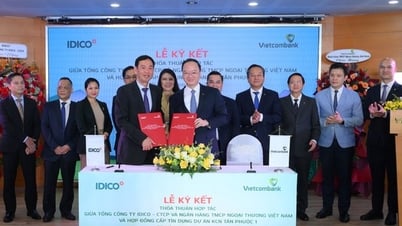







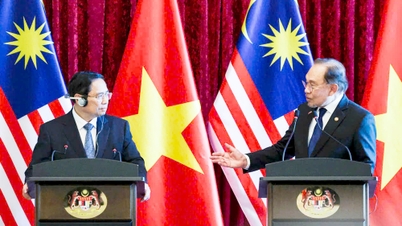
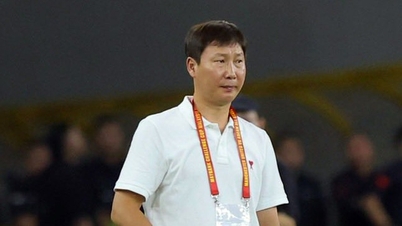
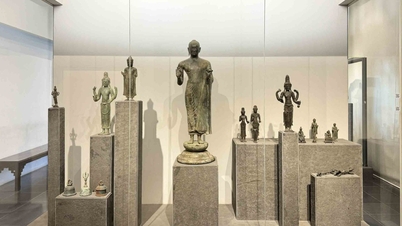

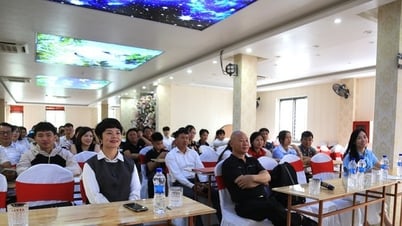



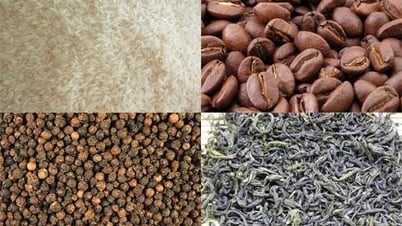


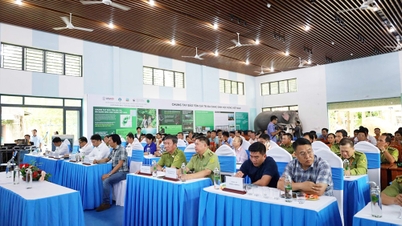

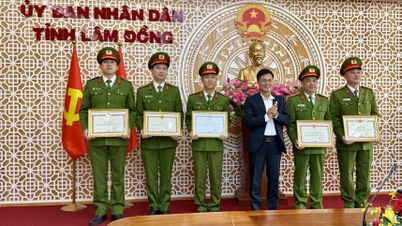



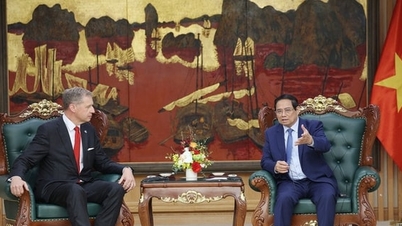










Comment (0)